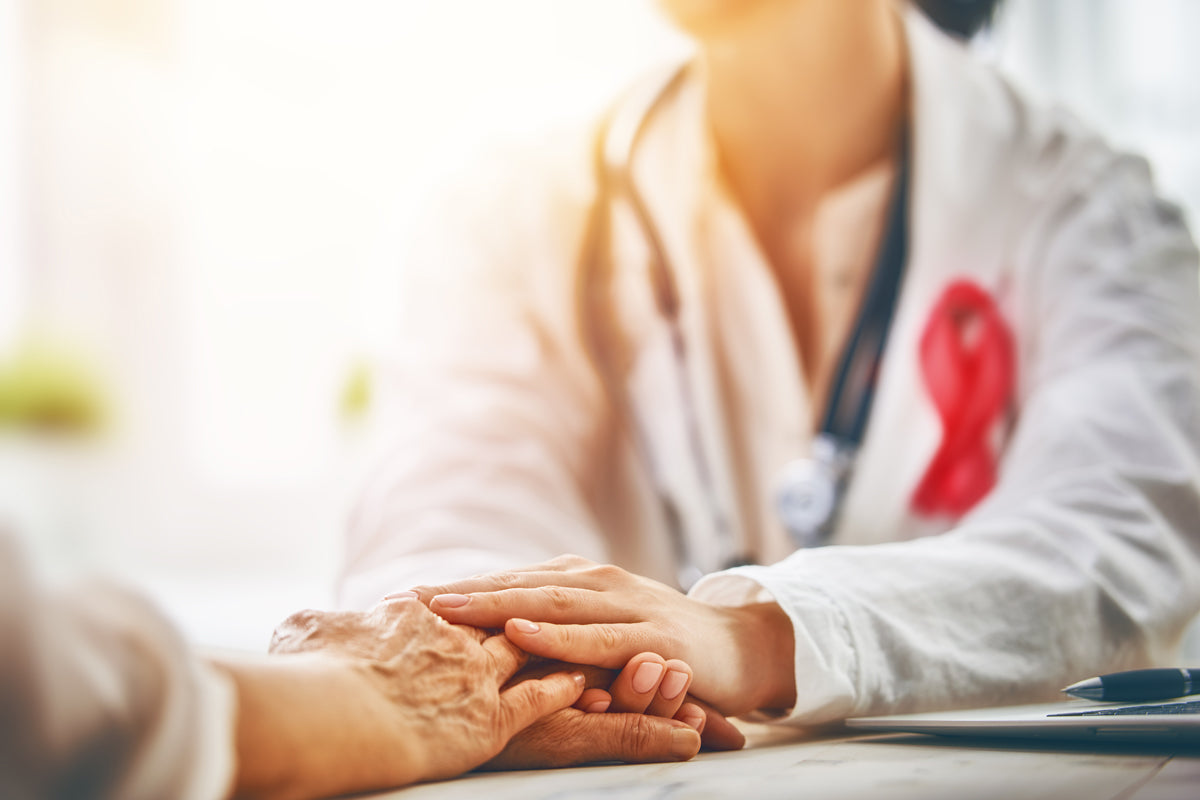There is a ton of information out there about breast cancer. It’s extremely difficult as a patient to distinguish between fact and fiction. We’ve sourced seven of the most common breast cancer myths and busted them with the help of the National Breast Cancer Foundation(1).
The Seven Myths
MYTH ONE: "Finding a lump in your breast means you have breast cancer.”
TRUTH ONE: “Only a small percentage of breast lumps turn out to be cancer. But if [a patient] discover[s] a persistent lump in [their] breast that is new or [if they] notice any changes in breast tissue, it should never be ignored.”
MYTH TWO: "Men do not get breast cancer; it affects women only.”
TRUTH TWO: “Each year it is estimated that approximately 2,190 men will be diagnosed with breast cancer and 410 will die. While this percentage is still small, men should also check themselves periodically by doing a breast self-exam while in the shower and reporting any changes to their physicians.”
MYTH THREE: "A mammogram can cause breast cancer to spread.”
TRUTH THREE: “According to the National Cancer Institute, “The benefits of mammography nearly always outweigh the potential harm from the radiation exposure. Mammograms require very small doses of radiation. The risk of harm from this radiation exposure is extremely low.”
MYTH FOUR: "If you have a family history of breast cancer, you are likely to develop breast cancer, too.”
TRUTH FOUR: “While women who have a family history of breast cancer are in a higher risk group, most women who have breast cancer have no family history. Statistically only about 10% of individuals diagnosed with breast cancer have a family history of this disease.”
MYTH FIVE: "Breast cancer is contagious.”
TRUTH FIVE: “[A person] cannot catch breast cancer or transfer it to someone else’s body. Breast cancer is the result of uncontrolled cell growth of mutated cells that begin to spread into other tissues within the breast.”
MYTH SIX: "If the gene mutation BRCA1 or BRCA2 is detected in your DNA, you will definitely develop breast cancer.”
TRUTH SIX: “According to the National Cancer Institute, regarding families who are known to carry BRCA1 or BRCA2, ‘not every woman in such families carries a harmful BRCA1 or BRCA2 mutation, and not every cancer in such families is linked to a harmful mutation in one of these genes. Furthermore, not every woman who has a harmful BRCA1 or BRCA2 mutation will develop breast and/or ovarian cancer. But, a woman who has inherited a harmful mutation in BRCA1 or BRCA2 is about five times more likely to develop breast cancer than a woman who does not have such a mutation.’”
MYTH SEVEN: "Antiperspirants and deodorants cause breast cancer.”
TRUTH SEVEN: “Researchers at the National Cancer Institute (NCI) are not aware of any conclusive evidence linking the use of underarm antiperspirants or deodorants and the subsequent development of breast cancer.”
References
Breast cancer myths. National Breast Cancer Foundation. (n.d.). Retrieved September 27, 2022, from https://www.nationalbreastcancer.org/breast-cancer-myths/





















Leave a comment